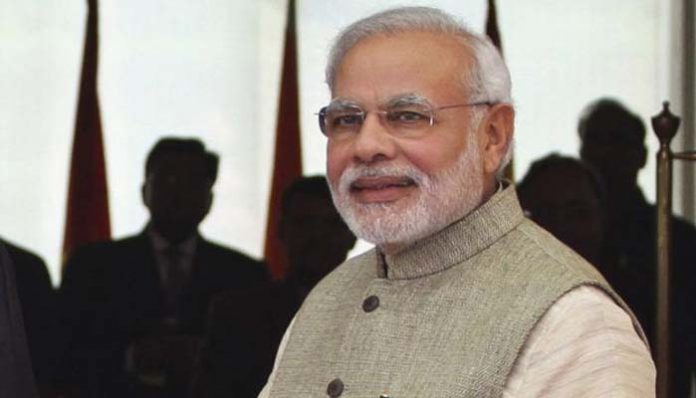The Narendra Modi government announced an ambitious target last year of allowing only electric cars in India by 2030.
The decision has been seen as a valiant effort to race ahead of even developed countries in giving prominence to renewable forms of energy. Transport Minister Nitin Gadkari has in fact warned the auto industry that the government will bulldoze its way through to reach the target .
Government Vehicles Being Replaced
As a measure to start the electric-vehicle (EV) revolution in India, state-owned Energy Efficiency Services (EESL) is replacing government vehicles that run on conventional fuels with EVs.
Last year Tata Motors won the tender of 10,000 electric cars floated by EESL. Although Mahindra initially lost the tender it later matched Tata Motors’ price to sell 150 e-Verito EVs to EESL.
The first phase of the roll out involving 500 cars has already started in Delhi. The second phase will see 9,500 electric cars being leased to government authorities on a pan-India basis.
However a major issue hampering the growth of EVs in the country is a law that bans charging stations from being installed in public spaces, unlike the case of petrol pumps.
The initial contract from the government to provide 250 electric charging stations in the first phase was won by Exicom Tele-systems. But it has so far installed around 80 and 90 AC (alternating current) facilities only in government buildings like the Shram Shakti Bhawan, which contains the power ministry, according to a local news report.
Current Legislation A Hindrance
The Electricity Act only allows only power distribution companies to sell electricity, Kanv Garg, director for electric mobility at advisory firm, EY pointed out.
Garg stated that under current regulations neither private parties nor government entities can set up charging infrastructure. The entities need to have possess either a deemed license or be set up as “a public-private partnership with the state utilities.”
According to Garg, the clause in the Electricity Act should be amended if the government is looking to roll out an effective national electric vehicles policy.
He has opined that the government must “exempt electric vehicle charging from the Electricity Act,” and consider EV charging as a “sale of service instead of resale of electricity”, which is banned under the Electricity Act.
To meet the all-electric-car target, India would need ramp up infrastructure in a major way. As the operating range of electric vehicles is currently low, India would require a massive charging infrastructure, creation of which can occur only with a clear-cut policy.





